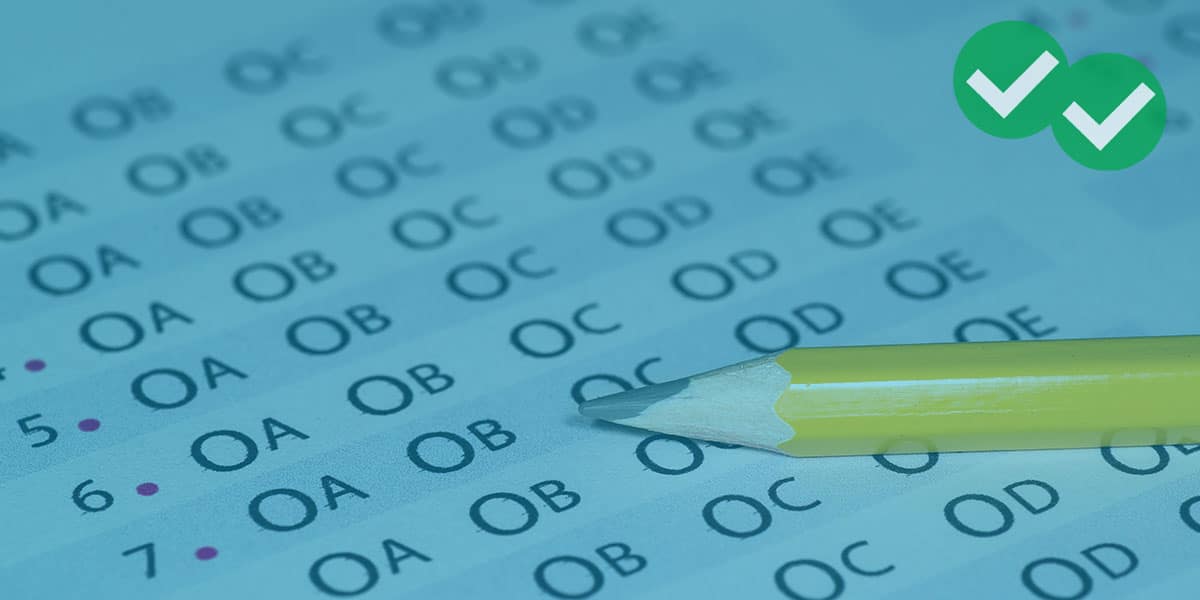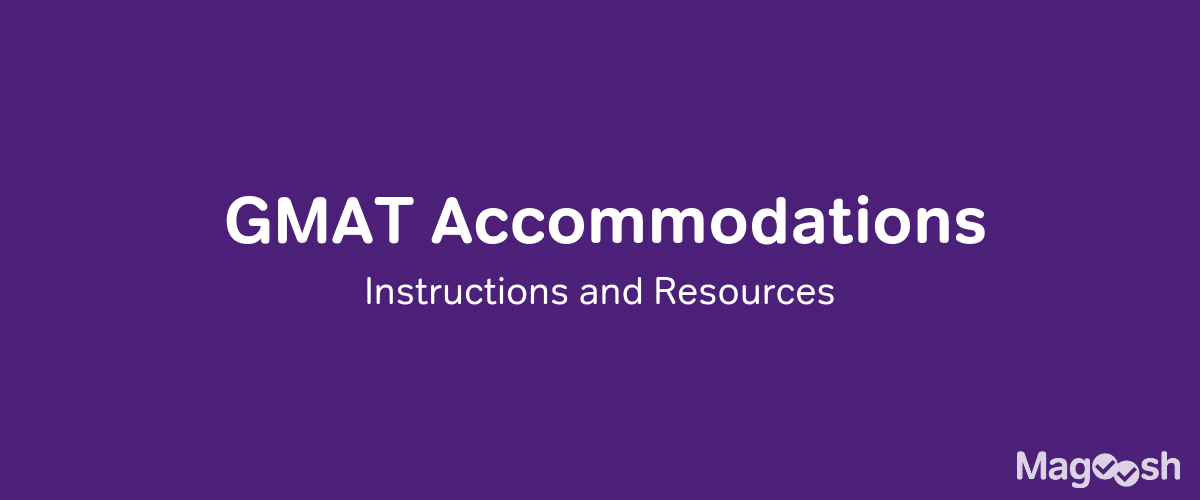
Learn tips for simplifying your approach to GMAT Reading Comprehension
Introduction
Of course, on any GMAT question, eliminating wrong answers is always to our advantage. There are myriad methods of eliminating answers in the Quant section: because of the constraints specified in the question, the answer must be negative, or greater than 7, or divisible by 5, or etc. On Sentence Correction, one eliminates by identifying splits among the answer choices. On CR, there are fewer clear cut rules for eliminating answers, and some students may feel there are essentially no clear cut rules or procedures for eliminating answers on RC.
Patterns among incorrect Reading Comprehension answer choices
Despite this perception, there are some discernible patterns that RC incorrect answer choices follow. Learning these patterns and mastering them can be a huge boon on test day!
1) Emotional tone
The tone of virtually everything on the GMAT verbal section is balanced, measured, and reserved. This is the tone of most professional business writing. Think, for example, if a business executive described a colleague or competitor in flamboyantly emotional language: that executive would probably be risking a law suit! Even strong praise and strong criticism has to be couched in subtle, understated language. Everything in the RC passages will reflect this balanced tone, and all the correct answers will have this balanced tone. Any answer choice that has any emotional charge to it must be incorrect. Examples of answer choices with this flaw:
“that the sponsor of the new bill despises people who exploit the poor.”
“that the factory workers’ union was elated by the new retirement package.”
Without even knowing the passage or the question, we can tell these would be wrong answers. The words “despises” and “elated” connote very strong emotions, and this is far too strong for the tone of GMAT RC.
2) Unrealistic scope
Philosophers and religions throughout history have regularly made universal claims about life, the universe, and everything. Even natural scientist make universal claims within their subject area: “every electron in the universe has a spin of 1/2.” The claims in the business world are far more modest. The modern global economy is an extremely complicated system: no one thing is ever the only “cause” of a vast system of changes. No economic rule holds in every case without exception. The claims in economic discussion tend to avoid universal or universalizing claims. Therefore, any answer choice which extends an argument to an unreasonable extent is quite likely to be an incorrect answer. Examples:
“as the price of an item rises, the demand always decreases.”
“the President’s policy is responsible for all the economic problems of American cities.”
“every employee in the factory is opposed to management’s surveillance plan.”
Again, we need neither the passage nor the specific question to recognize these as incorrect choices. The first seems to invoke a law of economics, but fails to account for its exceptions. The second discusses something that account for “all the economic problems” — any modern post-industrial economy is far too complex for any one factor to account for “all the economic problems” of anything. The third one is particularly interesting: it’s easy to imagine that a surveillance plan would be unpopular, that perhaps the majority of employees didn’t like it, but we always have to be careful when talking about “everyone.” There are often folks who are completely clueless: eight months after the surveillance plan has been in operation, they still may be totally unaware of it. There are also folks who are deliberately contrary, and enjoy disagreeing with everyone else. Unless the passage indicated explicitly that 100% of the employees, every last one, responded in the same way, it’s a vastly unwarranted assumption that all the members of any group would agree unanimously on anything.
3) Very fancy language
Sometimes, the GMAT will try to intimate you with fancy language. One pattern of incorrect choice involves high-level vocabulary and specialized terminology. The answer will not be correct, but it will be a potent distractor, because folks think: “gee, I don’t even know what those words mean, but they certainly sound clever! That must be right.” This one is less universal, but when you see an answer choice loaded with difficult words, that should certainly send up red flags. For example:
“the author inveighed against the hermeneutical underpinnings of the CEO’s assertion.”
Regardless of the passage, regardless of the question, I can guarantee this choice would never be a possible correct answer in any conceivable GMAT RC context. But, gosh, doesn’t it sound fancy? That is precisely what will tempt many GMAT takers to choose it. The word “inveigh” is not only difficult but also fails according to the first criterion discussed: it is emotionally too strong. The word “hermeneutical” is incredibly obscure, relevant in only certain abstruse academic fields, and does not pertain to anything discussed in the modern business world. If you see an answer choice loaded with words you don’t know, in your mind, mark it tentatively as wrong, and return to it only if every other answer choice fails miserably.
4) New idea
This can be a tricky one. Sometimes, a RC answer choice will mention or discuss something that wasn’t mentioned at all in the text. This new idea will be clearly related, in some way, to what was discussed, but never explicitly mentioned. For example, suppose the passage is about the difficulties related to the Civil War that Lincoln faced during his presidency. Then, a brand new idea, not discussed in the passage, could concern: the challenges of any other wartime president, or the challenges Lincoln faced concerning domestic issues only tangentially related to the war. The new idea has to be “close” to what was discussed in the passage — that’s what makes it tempting — but technically, it was never explicitly mentioned.
Ideally, you will read the RC passage thoroughly once, summarizing in brief notes, and thereby be familiar enough with the content to recognize immediately such an answer. Assuming you are in the habit of reading thorough the first time, then if you read an answer it triggers a “Gee, I don’t remember that being mentioned” feeling, don’t doubt yourself and immediately accuse yourself of overlooking it. Rather, know this is a pattern for incorrect answer choices.
5) Doesn’t answer the question
This can be the most devious type of wrong answer. This will be a statement that is 100% consistent with the passage, completely supported by the author’s discussion. The trouble is: it doesn’t actually answer the question posed.
Suppose, once again, the passage is about the difficulties related to the Civil War that Lincoln faced during his presidency. Suppose the passage explicitly discusses General Burnside‘s inadequacy as a Union general, for example, at the Battle of Fredericksburg. Now, if the individual question concerns, say, the challenges resulting from disagreements among members of Lincoln’s cabinet concerning matters of the war, then an answer choice along the lines of “Lincoln was highly critical of General Burnside’s performance at the Battle of Fredericksburg.” Well, that issue was certainly explicitly discussed in the passage, it is a completely supported assertion, but it has absolutely nothing to do with disagreements among Lincoln’s cabinet. That is a hypothetical example of this very tricky type of GMAT RC wrong answer.
Summary
The more familiar you become with these patterns among the incorrect answer choices, the more efficient you will be in dispatching one GMAT RC question after another.





Leave a Reply